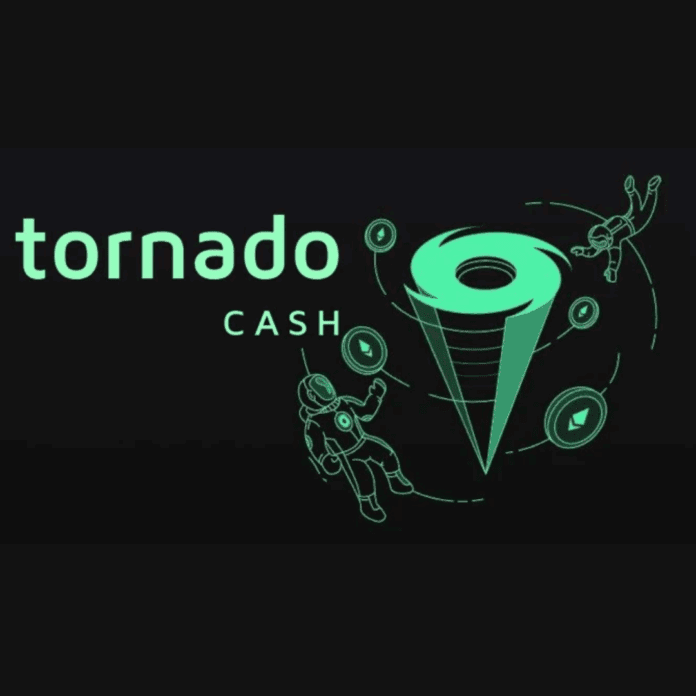A big decision has come out of a Texas federal court. The judge ruled that When U.S. government penalized Tornado Cash, a tool that users use to protect the privacy of their cryptocurrency transactions, it erred.
The Treasury Department, which handles financial matters for the government, used its Office of Foreign Assets Control (OFAC) to put sanctions on Tornado Cash in 2022. These sanctions were meant to block its smart contracts, which are bits of computer code that run automatically and are not controlled by people once they’re launched.
In simple words, the government said people weren’t allowed to use Tornado Cash because it thought the tool was being used for illegal things, like hiding stolen money. But the court said that OFAC didn’t have the power to punish a tool that runs on its own and isn’t owned or controlled by anyone.
This decision came after OFAC had already removed Tornado Cash from its sanctions list in March. However, the court didn’t let it go at that. The judge said the government could not simply change its mind without admitting it had made a mistake.
Sanctions on Tornado Cash Addresses Lifted, But Developer Still Banned
The court added that the government gave no promise that it wouldn’t try to put sanctions on Tornado Cash again in the future. So, the judge made it official: OFAC is not allowed to put these sanctions back in place.
Why the Sanctions Were a Problem
All of the individuals who filed the lawsuit were Tornado Cash users. They were regular individuals who used the tool to keep their cryptocurrency transactions private. They said they were not criminals and didn’t do anything wrong. They also believed that the government’s action was unfair and could be used to target other tools that are open for anyone to use.
Their lawyers argued that the sanctions went too far. OFAC treated Tornado Cash as if it were a person or a company that could be punished. However, Tornado Cash is neither an individual nor a company. It is an autonomous piece of software. Once it’s on the internet, no one can change it or shut it down.
OFAC Blacklists 8 Houthi Crypto Wallets: USDT on Tron Targeted
The court agreed with this view. It said that the government can’t treat a tool like a criminal just because some people might use it to do bad things. The judge explained that smart contracts—like those in Tornado Cash—cannot be owned, controlled, or changed by anyone once they’re on the blockchain. Because of this, it was wrong for OFAC to sanction them.
Even though OFAC had already taken Tornado Cash off the list, the court still made a permanent ruling. This means the government is not allowed to punish Tornado Cash’s smart contracts again in the future.
What This Means for the Crypto World
Even with this court win, the story is not over for everyone involved. Two of the developers who helped build Tornado Cash are still facing criminal charges. These charges are separate from the sanctions and come from the Department of Justice (DOJ), which is a different part of the government that handles crime and law enforcement.
One of the developers is still on OFAC’s sanctions list, even though the smart contracts were removed. This means he can’t do business with U.S. companies or access financial services in the U.S.
OFAC Sanctions 49 Crypto Addresses Linked to Nemesis Darknet Crimes
At the same time, a memo from the DOJ has recently come to light. It says that government lawyers should not go after crypto projects just because users do something wrong with them. The memo suggests that people should not be punished for creating tools that others might misuse.
This case has sparked big conversations across the crypto world. People are asking how far the government should be allowed to go when it comes to open-source software and privacy tools. Supporters of Tornado Cash say the court’s decision is a major moment for the protection of decentralized finance, also called DeFi, which is a way of using money tools without banks or middlemen.
For now, the court has made it clear: software that works on its own, like Tornado Cash, can’t be punished like a person or company. The government’s actions in this case were ruled as unlawful.


